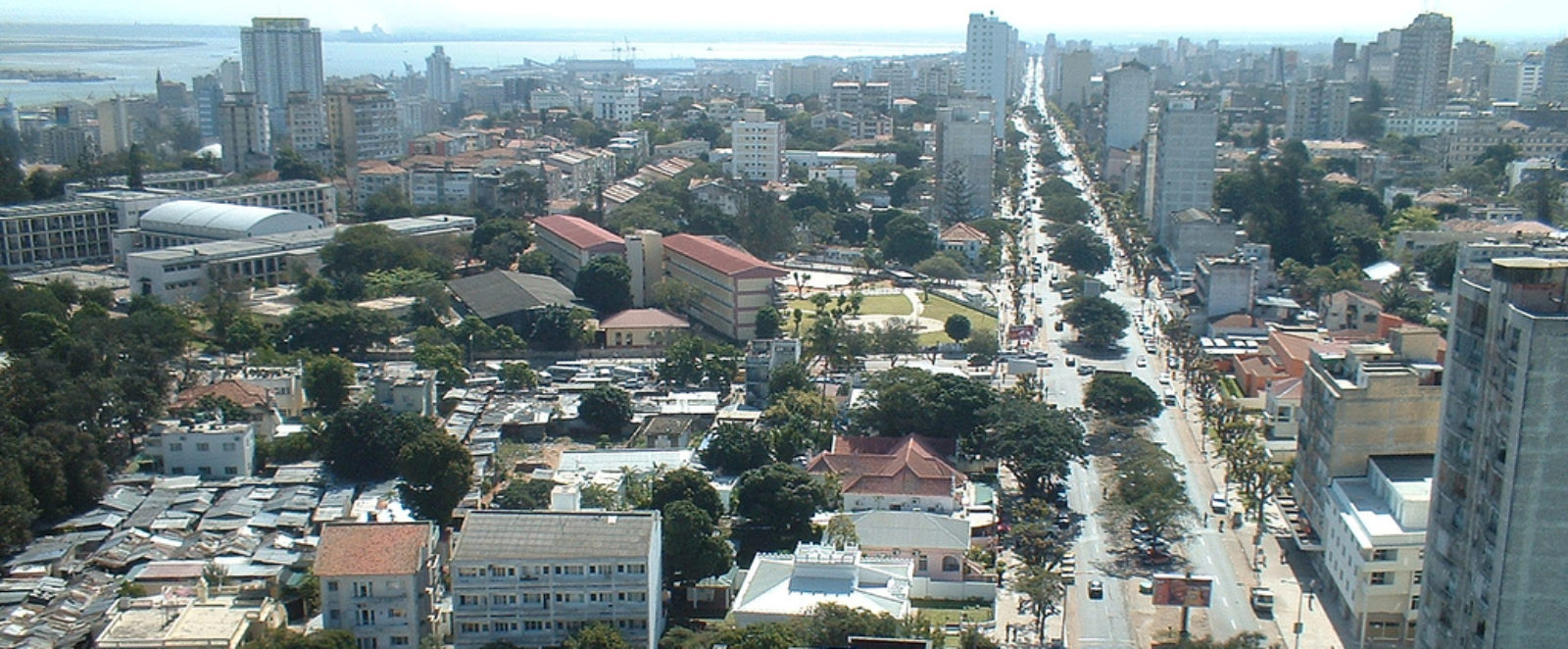Publications
New article published on equitable access in Maputo’s urban periphery – Open Access
Enabling equitable energy access for Mozambique? Heterogeneous energy infrastructures in Maputo’s growing urban periphery
This article concerns the relationship between uneven peri-urban growth and heterogeneous energy infrastructures in Metropolitan Maputo, Mozambique. Much research has documented how the diversity and overlap of different energy configurations define energy access in African cities. However, very little attention has been given to how urban growth dynamics shape heterogeneity and vice versa. A growing concern in African cities is highly uneven growth patterns, the rise of middle classes, and the selective forms of infrastructural connectivity linked to such spatial dynamics. However, urban growth is often approached through distinct settlements such as gated or enclave communities. The growth dynamics of energy access in more typical peri-urban neighbourhoods with mixed socio-economic characteristics remains an underexplored theme. Therefore, the critical question of this article is whether heterogeneous energy infrastructures contribute to uneven peri-urban development patterns, or does heterogeneity offer a more pragmatic solution to energy access in such spaces? This question is explored in three mixed-dynamics peri-urban neighbourhoods in Maputo. We find that infrastructural heterogeneity results from the increasingly commercial electrification procedures that privilege urban density and from private solar-home-system providers who privilege higher paying customers. Both phenomena respond to, and subsequently reinforce, divergent underlying social conditions and the divergent demand for energy services. However, we also find that heterogeneous energy configurations embody the considerable capacities and pragmatism of local communities. While we conclude that infrastructural heterogeneity contributes to uneven urban growth, we also suggest that policy-makers work more closely with local actors to distribute the benefits of energy access more equitably.


